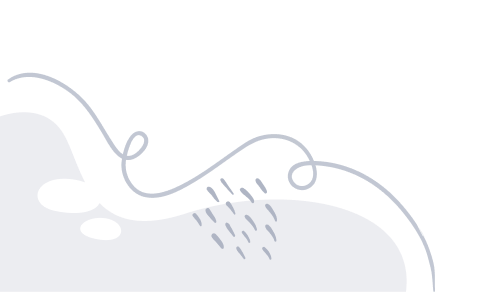What is urinary incontinence?
Urinary incontinence can be defined as ‘the unintentional passing of urine’ and represents a very common condition, affecting millions of people in the UK alone. There are several different types of incontinence, with each having its own characteristics.
– Stress Incontinence: Firstly, we have stress incontinence; this arises when urine leaks out when your bladder is under pressure. This can occur when you cough or laugh.
– Urge Incontinence: Next, we have urge incontinence, occurring when you have a sudden and intense urge to use the bathroom.
– Overflow Incontinence: Thirdly, there is overflow incontinence, which is also referred to as chronic urinary retention, arising when you are unable to fully empty your bladder, which results in frequent leaking.
– Total Incontinence: Finally, we have total incontinence, happening when your bladder is incapable of storing any amount of urine, causing you to constantly pass urine and have frequent leaking.
This condition is nothing to be ashamed of, with a vast amount of information available online that can direct you on when to seek medical advice, and the most likely routes of treatment you will be offered.
Managing incontinence
The NHS website details several routes of treatment that your GP may recommend, ranging from non-surgical treatments to management approaches. Although it is not always possible to prevent incontinence, there are several measures that can be taken to help reduce the likelihood of it happening and the frequency that it occurs.
The most likely measures to be initially recommended will include lifestyle changes, such as losing weight if necessary and cutting down both your intake of caffeine and alcohol, pelvic floor exercises that strengthen your pelvic floor muscles by squeezing them, and bladder training, in which you will learn methods of waiting longer between needing to urinate and actually passing urine.
Seeking help to manage incontinence
Incorporating incontinence products, such as Tena incontinence products, into your daily life is also a great way to manage your condition. These products are specifically tailored to suit a vast range of individual requirements, with Attends constantly adapting their leading-edge absorbent technologies to benefit not only yourself but also your carers. This range is designed for moderate and severe urinary and/or faecal incontinence.
More information on non-surgical treatments are available on the NHS website, https://www.nhs.uk/conditions/urinary-incontinence/treatment/
If you want to speak to us about this problem please get in touch with our team, we would be happy to run through the available products to suit you.
Copyright Chesterfield Delivery Pharmacy.

